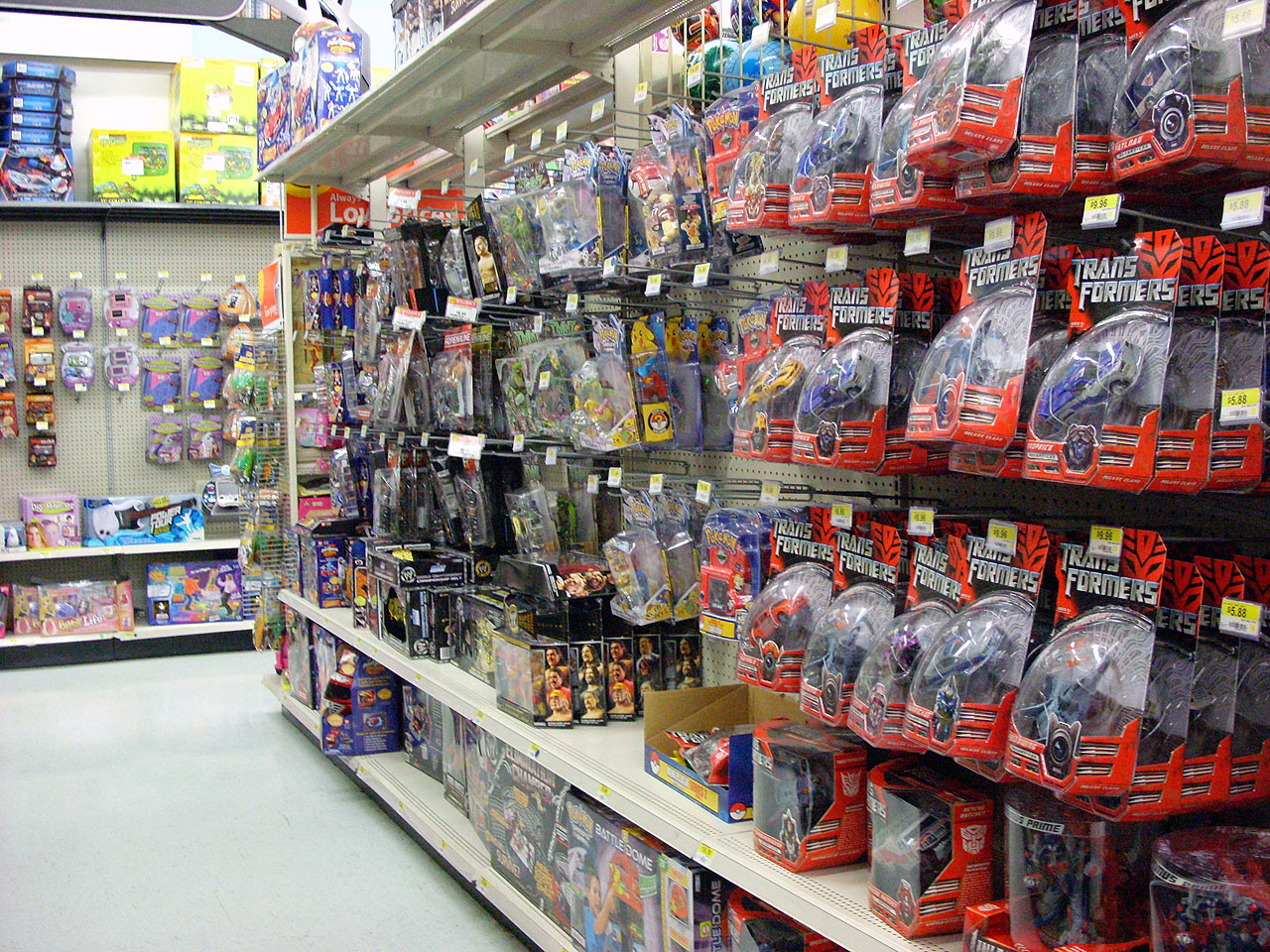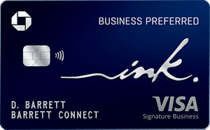

Making Money & Spend on Normal Purchases
Over time I have tried to cover just about every type of manufactured spending on this blog. I don’t advocate all methods for all people, however I do think it is good to diversify your knowledge so you can jump on the best deals. For that reason I have covered gift card reselling, traditional MS and PDX Deals Guy even wrote about ticket reselling.
My personal focus lately has been on merchandise reselling and I thought I would share some tidbits with you. This is a great time of year to resell merchandise simply because there are a lot of sales and people also spend a lot of money. Yes, I am a fan of iPad deals, but there is a lot of opportunity beyond simply selling Apple tablets.
Retail Arbitrage
Similar to gift card arbitrage where you can buy a gift card one place and sell it for a profit somewhere else, retail arbitrage is when you can purchase a product in a store and then sell it on Amazon or elsewhere for a profit. Among the best opportunities are clearance items and big sales. But how do you find these deals?
A lot of it is simply about training your eye to know what a good price is. For example, I went into an office supply store yesterday to recycle some ink and browsed through their clearance section. While most of the stuff was junk, I saw an item marked down to about $35. Based on my knowledge, I believed similar items sell for anywhere from $80-$100, so I decided to investigate further.
Amazon Seller App


In the old days I would look an item up on Amazon and then click through to see if I could sell it, but that isn’t necessary anymore. Amazon now has an amazing Seller App (iOS & Android). All you need to do is fire open the app and scan the product’s barcode and the app displays selling prices, how much you’ll make after commissions at those prices and more. Tagging Miles has a good rundown of the app. (That site also has a ton of other great info about selling on Amazon.)
Back to my office supply store example now. After spotting this item, I popped open the app and discovered that this exact product is popular on Amazon, has near 5 star reviews and sells for about $90! Buy low, sell high! The perfect item and the perfect example of retail arbitrage. Unfortunately this store only had two of the item, but there are times and products where the store could have much more.
Quick Tips for Retail Arbitrage
There are literally a hundred ways to approach this and I’m quite sure I don’t know them all. A few basic things I have found helpful are:
- Look for store percentage off coupons.
- Some stores allow you to stack dollar off and percentage off coupons along with store credit/debit card discounts.
- Find out when your local stores mark down items or places them on clearance.
- You can invest as much or as little time into doing this. Simply keeping your eyes open while shopping will provide opportunity.
- Discount gift cards can help you save even more.
- Bundles sometimes present interesting opportunities.
Conclusion
This isn’t meant to be anything more than an introduction to the world of retail arbitrage. I simply wanted to point out that opportunities exist and it is quite possible to make money while generating a lot of points and spend on your credit cards. This isn’t going to be for everyone, but understanding how it works may be beneficial when you see an arbitrage opportunity too good to pass up.
Lower Spend - Chase Ink Business Preferred® 100K!


Learn more about this card and its features!
Opinions, reviews, analyses & recommendations are the author’s alone, and have not been reviewed, endorsed or approved by any of these entities.



returns, returns, returns. The average person doesn’t want to run a store.
I have found that returns aren’t very bad at all, but there definitely is some hassle involved. As I stated in the first paragraph, this isn’t for everyone.
While these suggestions are all well and good, how do you go about collecting the money? ie, I know at PayPal anything over 20K gets reported to the IRS. If you are paying taxes on this then you are absolutely operating at a net loss.
How are you circumventing this?
Hey Mike. First off, I am not a tax professional and therefore am not offering any advice regarding taxes. Each person’s situation is unique and thus everyone who reads this should consult their tax professional. With that said, I am not advocating anyone circumvent the $20,000 rule.
If you are selling more than $20,000 per year then you really are operating a business. Personally, I feel someone doing that much should probably structure their activities that way. Some people just do this on the side and don’t come anywhere near that. Again, this is something that everyone should consult with their financial provider about.
Finally, how do you figure that this is operating at a net loss. In the example I gave, the item costs about $37 with taxes. The net proceeds from Amazon based on today’s prices will be about $77. That is a $40 profit plus rewards. Even if taxes are paid on that then it is still a profit. Let’s say your effective tax rate is 30%. Then you pay 30% of the $40 profit or $12 and still have a $28 profit. This is hypothetical of course since everyone’s situation is different.
Taxes are only paid on the money made not on gross sales. (But again, this is not advice and I am not an expert. Consult someone who is.)
I make my living doing retail arbitrage, points and cash back are the gravy. Amazon will 1099 your sales at a lower threshold than Paypal. For the record, the IRS has a much lower number in mind! If you’re making less than a grand a year, you might slide by, otherwise look out.
Bill Gates doesn’t pay 30% income tax and neither do 99.999% of Americans. As Shawn correctly pointed out, you pay only on the net and the write offs are endless. Most folks overestimate the level of taxes they are paying. The fees you will pay Ebay or Amazon to sell are higher than the taxes will be.
Great advice.Did you mean less than a hundred grand ? because a grand is too low for the irs to even bother.
I picked a grand out of thin air. The point was really that the ease of finding unpaid taxes trumps any dollar threshold that the IRS might use. Despite what TV ads and some politicians might tell you, the IRS can’t afford to take on big cheaters. The larger the tax bill, the more one can spend on tactics and lawyers to obfuscate!
It’s easy for the IRS to find data for online sellers if they care to. The MS crowd accepts much lower reselling profits because they are after the points. Much of the FBA crowd won’t accept a profit under 50%. At that rate, $100k in sales puts you above the median income for all taxpayers.